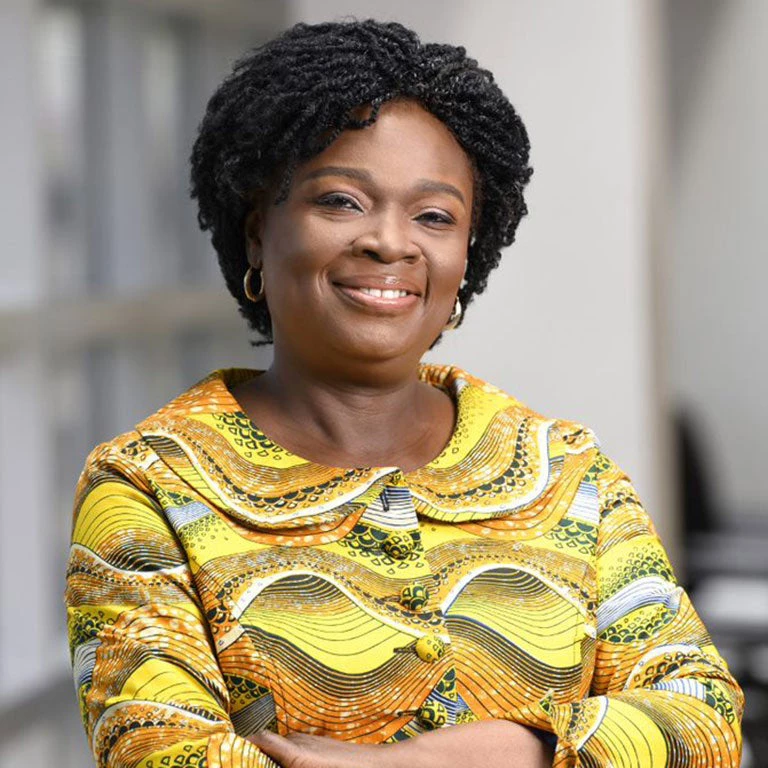 Visit to Turiani Secondary School in Tanzania
Visit to Turiani Secondary School in Tanzania
One striking statistic puts in context the state of education in Africa today. According to the latest State of Global Education Update, nearly 9 in 10 children in Sub-Saharan Africa are unable to read and understand a simple text by the age of 10. Globally, 70% can’t perform this task – up from 57% before the COVID-19 pandemic. Children who were out of school failed to learn what they were supposed to and, in some cases, even forgot the skills they had previously acquired. This perilous situation continues: About 160 million students in Eastern and Southern African countries were out of school for some period of time due to COVID-related school closures, and an estimated 34% of adolescent girls remain out of school today. On International Day of Education, I’d like to contribute to the global effort to highlight this full-blown learning crisis and underscore the importance and urgency of efforts focused on bringing children back to school and accelerating learning recovery and progress.
Even in the context of competing crises – inflation, energy, food security, climate, – this is a crisis too severe to ignore. Basic education, but also secondary, tertiary, and technical and vocational training, will determine this generation’s ability to get jobs and contribute to economic growth in the future. Failure to integrate millions of children and youth in productive activities, in a global economy increasingly based on knowledge and digital skills (with potentially over 230 million jobs that will require digital skills in Africa by 2030), could well result in social unrest in a few years’ time – a scenario no policymaker wants to face.
Recent experiences in Eastern and Southern Africa show progress is possible even in the face of multiple adversities such as tight budgets, high demographic growth, and cultural norms that restrict opportunities for women and girls. For example, funding from the International Development Association, the World Bank’s fund for the poorest economies, which provides low-interest loans and grants, has been put to good use in recent years – including during the COVID-19 pandemic – to:
- build 22,500 new classrooms in Rwanda between 2019 and 2022
- enroll 2.3 million more students in free primary schools in the Democratic Republic of Congo during the 2021-2022 school year
- increase the number of students enrolled in accredited higher education programs in Mozambique by 75% between 2018 and 2022
- provide 27,000 adolescent girls and women in Somalia with a mix of literacy, numeracy, life and vocational skills that will allow them to improve their livelihoods
- and significantly increase the number of Inclusive Education Resource Centers (from 113 in 2017 to 1,050) supporting more than 61,000 children with special needs in Ethiopia.
These examples, and more, are detailed in an immersive story published today to inspire hope amid glaring and dire prognostics of learning losses and employment failure. But these interventions are just one part of the solution. Transforming education will take strong political commitment over the long term to lead on the needed policy reforms, increased financing and changed social norms.
On International Day of Education, please join my call to scale-up proven results and do more to Expand access to schools, Equip more young people with quality education and in-demand skills, and Empower all children, whatever their gender or level of ability, so no one is left behind. Together, we can roll up our sleeves and lead an education turnaround!


Join the Conversation